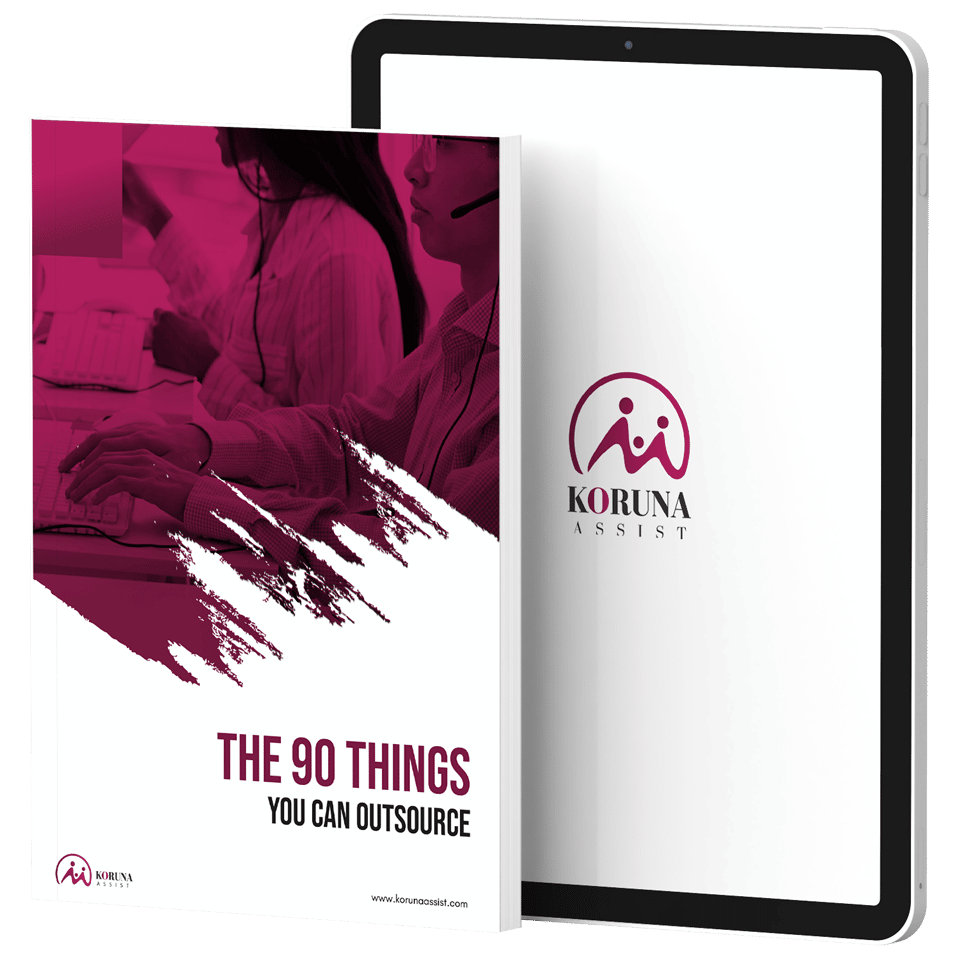The mortgage industry is shifting, and the brokers who succeed in 2025 will be the ones who do more than just secure loans. They will be the ones who build lasting relationships. With interest rates expected to ease and buyer confidence returning, more clients will enter the market. But with more choices at their fingertips, they will be selective about who they trust with their financial future.
Transactional brokers will find themselves constantly chasing new business. Relationship-focused brokers will create a steady pipeline of repeat clients and referrals. The question is—where do you want to be?
The Value of Retention in a Growing Market
The 2025 property outlook is clear—activity is set to rise. Borrowers who held off due to high interest rates are re-entering the market, and refinancing is still strong. Yet, with a busy market comes increased competition. If you are not proactively strengthening client relationships, someone else will.
Retention is a financial strategy. Keeping an existing client costs far less than acquiring a new one, and satisfied clients are more likely to refer others. However, many brokers focus on bringing in new leads while neglecting the relationships they have already built.
Successful brokers understand that long-term relationships do not happen by accident. Instead, they are built through trust, consistency, and proactive engagement.
The Client Journey Is A Relationship, Not a Transaction
Many brokers view the client journey as a straight line—lead generation, loan approval, and settlement. But in reality, it is a cycle. If you want clients to return, you need to be part of their financial journey beyond their initial loan.
1. Pre-Loan Engagement – The First Impression Matters
Your relationship with a client starts long before they apply for a loan. They are researching, comparing options, and looking for guidance. Brokers who position themselves as trusted advisors early in the process are more likely to win long-term business. What this looks like:
- Providing value-driven content like market updates or home-buying guides
- Being accessible and proactive with responses to inquiries
- Setting expectations early about timelines, requirements, and processes
2. Loan Processing – Where Brokers Stand Out
Many brokers assume that as long as they secure financing, their job is done. But the loan process is where trust is built—or broken.
Clients remember how they were treated during this stage. Were they kept informed? Were their concerns addressed quickly? Did the process feel smooth or stressful? A broker who is responsive, transparent, and proactive will leave a lasting impression.
What this looks like:
- Providing regular updates instead of waiting for clients to ask
- Offering guidance on complex steps like compliance requirements
- Setting realistic expectations for turnaround times
3. Post-Settlement – The Usually-Forgotten Phase
Most brokers stop engaging with clients once the loan settles, but this is a common mistake. The real opportunity lies in maintaining the relationship long after the initial transaction.
A client’s financial needs evolve. They might need to refinance, invest in property, or upgrade their home in a few years. If you have stayed in touch, you will be their first call. Otherwise, they will go to someone else.
What this looks like:
- Annual loan check-ins to assess refinancing opportunities
- Personalised milestone outreach like loan anniversaries or birthdays
- Market insights tailored to their situation to keep them engaged
Proactive Communication
The biggest mistake brokers make? Only reaching out when they want something. Clients do not want to feel like a sales target…
They want to feel valued.
A strong communication strategy keeps you relevant without being intrusive. It is about providing value, not just making an ask.
How to do this effectively:
- Use segmented communication—first-home buyers need different insights than seasoned investors
- Provide updates before they need them—reach out when rates shift or refinancing opportunities arise
- Make it personal—clients remember brokers who take the time to understand their specific needs
Shifting from Transactional to Relationship-Driven Approach
Clients want more than just a broker who finds them a loan. They want an advisor who understands their financial goals and helps them make smarter decisions.
So, how do you make this shift?
- Understand their long-term vision—are they looking to build a property portfolio? Upgrade in five years?
- Educate, do not just sell—help them understand options rather than pushing a specific loan
- Expand your value—connect them with financial planners, conveyancers, or accountants who can support their journey
The more value you provide, the more indispensable you become.
Client Referrals
Happy clients are the best source of new business. Yet many brokers do not actively encourage referrals. A strong referral network reduces reliance on cold leads and builds business organically.
Simple ways to increase referrals:
- Make it easy—provide clients with a simple way to refer others
- Show appreciation—a thank-you call or small gesture goes a long way
- Deliver exceptional service—people naturally refer brokers who make their lives easier
When a client trusts you enough to recommend you to family and friends, that is the strongest sign you are doing something right.
Relationships Are the Real Growth Strategy
The mortgage industry is evolving. More clients will enter the market in 2025, but they will be selective about who they trust.
Brokers who treat clients as transactions will always be chasing the next lead. Brokers who invest in relationships will build a sustainable, thriving business.
If you want to shift from transactional to relationship-driven growth, book a Free Strategy Call today to explore how the right support can help you create a scalable, client-first brokerage.



